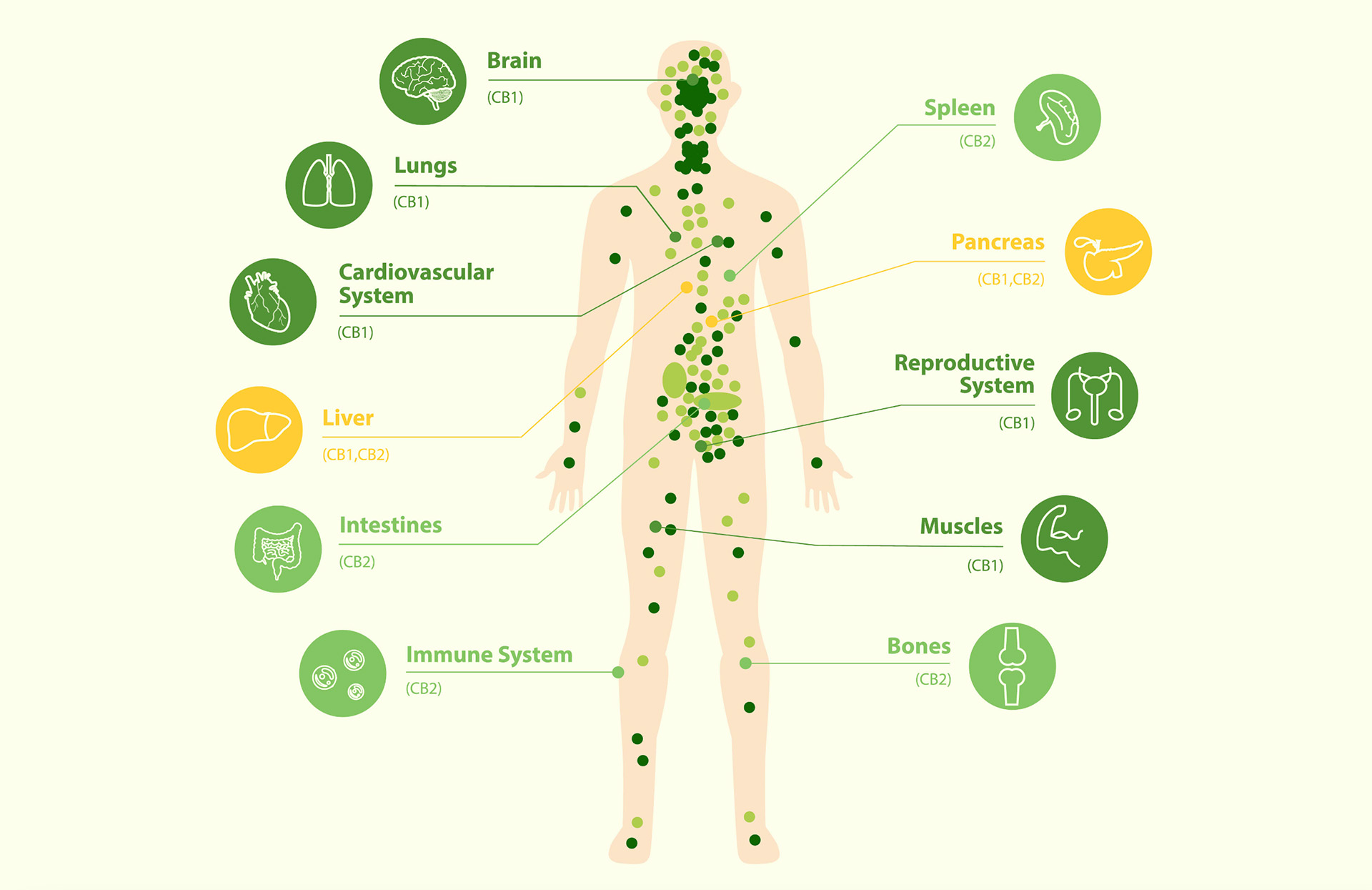Previous Article
Medical Cannabis and PTSD
Post-traumatic stress disorder (PTSD) is a debilitating condition affecting millions worldwide. It is a mental health disorder that can develop after experiencing or witnessing a traumatic event. The symptoms of PTSD can be severe and include flashbacks, nightmares, hypervigilance, and anxiety. The coexistence of PTSD with other mental health conditions such as anxiety disorders, depression, insomnia, and substance use disorders makes treatment even more challenging.
Psychotherapy and medications such as antidepressants, antianxiety medications, and antipsychotics are the mainstay treatments for PTSD. These treatments might not always work and could have significant side effects, especially if more than one medication is taken at a time. People with PTSD are often desperate for a treatment that works well and has few side effects. Some people with PTSD may have discovered that cannabis reduces nightmares, promotes sleep, and calms anxiety and irritability.
The endocannabinoid system (ECS) is a biological system that plays a crucial role in regulating various physiological processes, including mood, stress response, and memory. The ECS is activated by cannabinoids, which can help to modulate the stress response and reduce anxiety.
As the number of veterans suffering from PTSD has greatly increased over the past few decades, understanding how cannabis may benefit individuals with this condition is an important area of research. The amygdala in the brain, which controls anxiety, fear memories, and emotional responses to stress, has been found to have high levels of cannabinoid receptor expression. A well-functioning ECS must exist in order to have an adaptive response to fear and to the associated traumatic memories.
Although published research on the use of cannabis for PTSD is limited, there are some studies to suggest that medical cannabis may be helpful in managing PTSD symptoms.
A randomized, double-blind, placebo crossover study from Canada found that nabilone, a synthetic THC, dramatically reduced the severity and frequency of nightmares and improved general well-being in a small sample of military veterans with treatment-resistant PTSD.In a study published in the Journal of Psychoactive Drugs, 75% of participants with PTSD reported a decrease in symptoms after using medical cannabis.
According to preclinical studies, CBD may inhibit the formation, expression, and reconsolidation of fear memories. The effects of CBD on PTSD patients have only been studied in a small number of human trials, which lack high-quality evidence and call for more research. However, CBD has also been shown to have anxiolytic effects, which could help to alleviate the anxiety and hypervigilance associated with PTSD.
Even though cannabis is becoming more recognized as a potential treatment for PTSD, the concept of receptor downregulation with THC use is critical for patients to understand. Keep in mind that prolonged, heavy use of cannabis with a high THC contentwill reduce the number of cannabinoid receptors, which will eventually cause tolerance and a loss of effectiveness. Cannabis with a high THC content must be used with caution by patients with PTSD to avoid tolerance and maximize effectiveness.
Pro-tip for THC:
• Use lowest amount of THC possible for symptom management
• Co-administer CBD
• Micro-dose THC using vaporizer, avoid smoking cannabis
• Take 1-2-week cannabis holiday as needed
Learn More: Dosing Titration
It's important to note that while medical cannabis may be a potential treatment option for PTSD, it is not a cure for the condition. PTSD is a complex disorder that requires a comprehensive treatment approach, including therapy, medication, and lifestyle changes.
Medical cannabis should be used in conjunction with other treatments under the guidance of a healthcare professional. Need help connecting with a Healthcare professional for Medical cannabis?
Book an Appointment
References:
Greer, G.R., Grob, C.S., & Halberstadt, A.K. (2014). PTSD symptom reports of patients evaluated for the New Mexico medical cannabis program. Journals of Psychoactive Drugs, 46 (1), 73-77.
Jetly, R., Heber, A., Fraser, G., & Boisvert, D. (2015). The efficacy of nabilone, a synthetic cannabinoid, in the treatment of PTSD-associated nightmares: a preliminary randomized, double-blind, placebo-controlled cross-over design study. Psychoneuroendocrinology, 51, 585-588.
Parker, L.A., Rock, E.M., & Mechoulam, R. (2022). CBD: what does the science say? Massachusetts Institute of Technology.
Next Article
Overcoming Challenges with Medical Cannabis in Canada
The history of cannabis use, current regulations, and emerging evidence of medicinal cannabis's effectiveness are all complex, and we must come together and fight for what we know is best for patients!
Medicinal cannabis may be a valuable tool in the management of certain conditions like chronic pain, and more research and education are needed to ensure safe and effective use. Most important of all, medical patients must be assessed and monitored by a trained healthcare practitioner, just like any other medication. When people with serious health conditions—and sometimes life-threatening ones—are pushed to self-medicate using recreational cannabis products and without medical supervision, there is a serious risk of ineffective symptom management, problematic cannabis use, incorrect dosing and product selection, and side effects.
The legal framework for medicinal cannabis in Canada has evolved significantly in recent years, but there are still challenges when it comes to access and affordability. The source and price of medicinal cannabis continue to be areas of concern for patients and healthcare providers alike. As the landscape continues to evolve, it will be important to ensure that patients have access to safe, effective, and affordable medicinal cannabis products.
How is Starseed overcoming these challenges?
1) Starseed Medicinal is the leading medicinal cannabis producer, partnering with unions, employers, insurers, and patients in need to deliver affordable and responsible cannabis coverage. Starseed is now the preferred provider for over 300,000 Canadians suffering from medical conditions and seeking to learn more about cannabis therapy.
2) Starseed offers a compassionate care program to patients who need financial assistance to obtain their medicinal cannabis.
3) With cannabis now well-established in Canadian healthcare, Starseed provides evidence-based education to physicians and healthcare professionals working in long-term care and retirement homes, primary care clinics, and specialized pain clinics.
4) To support clinical decisions, Starseed created a high-quality database of patient-reported real-world evidence. While there is some evidence that cannabis can help with conditions including chronic pain and nausea, Starseed acknowledges that additional research is needed for specific conditions and cannabis product standardization.
5) Starseed released a first-of-its-kind digital Patient Treatment Plan for patients who need tailored products and practical dosing instructions based on their healthcare provider's recommendations. As a team of healthcare professionals, we are committed to providing medical pathways and patient-centered services through technology, innovation, and education in order ensure safe and effective cannabis use.
6) It is critical to overcome misconceptions and stigma to move the Canadian medicinal cannabis program forward. While cannabis contains psychoactive components that can cause euphoria (or a "high"), medicinal cannabis products are carefully formulated to minimize unwanted side effects while maximizing therapeutic benefits. Patients can choose from a variety of products with varied levels of cannabinoids (CBD, THC, CBG, CBN), such as oils, capsules, and topicals.
Starseed sees medicinal cannabis as an essential part of a broader shift towards a more patient-centered approach to healthcare. Healthcare providers are increasingly incorporating cannabis into their treatment plans and collaborating with Starseed to ensure that patients receive safe, effective treatments as cannabis becomes more accepted as a potential therapeutic option.
References:
Clarke, H. & Fitzcharles, M. (2023). The evolving culture of medical cannabis in Canada for the management of chronic pain. Frontiers in Pharmacology, 14, 1-11.






